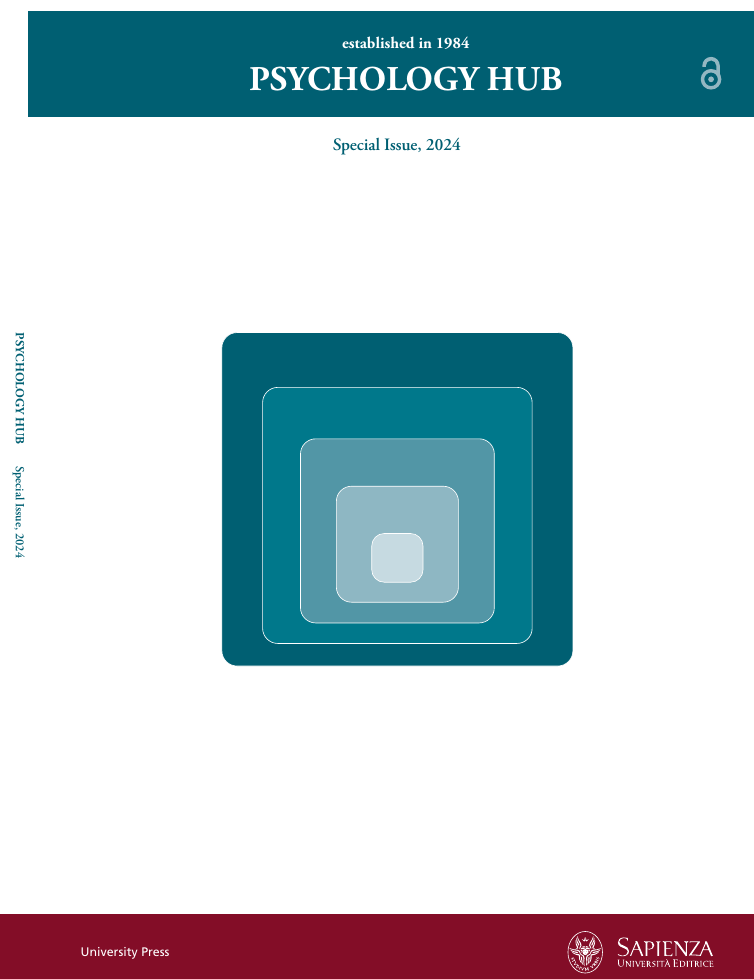Expecting the Worst: Why Uncertainty is Scary (But Often Isn’t)
DOI:
https://doi.org/10.13133/2724-2943/18379Keywords:
uncertainty, Intolerance of Uncertainty, past experiences, affective reactions to uncertaintyAbstract
The present article describes and provides empirical support for a novel theory of affective reactions to uncertain situations, from which we derive five interrelated hypotheses. The theory holds that people’s past experiences, both long- and short-term, inform their expectations for future outcomes, particularly when the specific outcomes in a situation are unknown. More positive past experiences lead to positive expectations and hence positive affective reactions and approach behaviors related to uncertainty, and more negative past experiences lead to negative expectations and hence negative affective reactions and avoidance behaviors related to uncertainty. While short-term outcomes dominate future expectations in their immediate aftermath, long-term outcomes lead to more stable dispositional optimism or pessimism. In the present article, we describe how this theory explains much prior research on intolerance of uncertainty in several psychological fields, as well as how it can inform interventions aimed at attenuating the negative effects of intolerance of uncertainty, which range from anxiety disorders to involvement in violent extremist groups.
Additional Files
Published
How to Cite
Issue
Section
License
Copyright (c) 2024 Psychology Hub

This work is licensed under a Creative Commons Attribution-NonCommercial-ShareAlike 4.0 International License.





